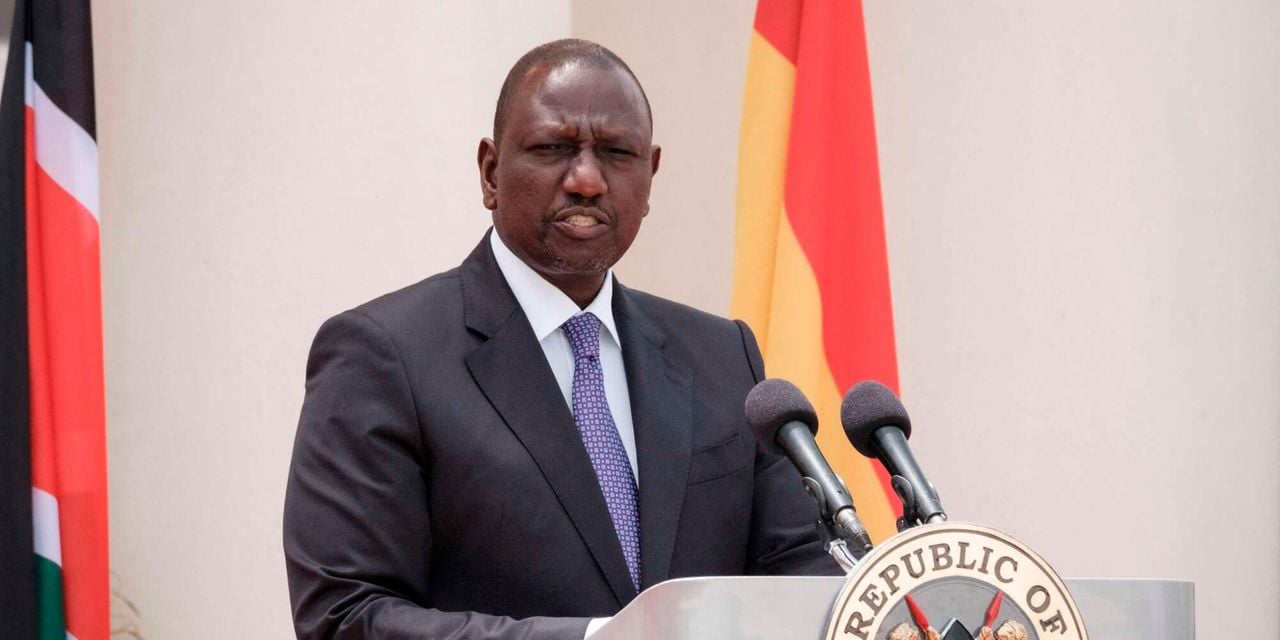President William Ruto yesterday wrote to the two Speakers of Parliament, a letter that could shape debate and reconfigure the political scene next year.
Dr Ruto appeared to extend an olive branch to the opposition by committing to implement the two-third gender rule in Parliament and the establishment of the Leader of Opposition office.
In a nine-page memo to National Assembly Speaker Moses Wetang’ula and Senate’s Amason Kingi, the President, which may mark the beginning of a journey towards a constitutional amendment, Dr Ruto addressed four issues – the gender rule, the National Government Constituency Development Fund (NGCDF), the position of the Leader of Official Opposition and parliamentary oversight of the Executive.
The framing of the memo promises goodies to several actors, including MPs through entrenching the repealed NGCDF in the Constitution; the creation of the Senate Oversight Fund and having a Women’s Inclusion and Political Participation Fund.
To taxpayers who will foot the additional billions of shillings to be incurred, apart from retaining the Affirmative Action Fund, the President is proposing the implementation of the elusive gender rule through top-up of 40 more women in the National Assembly and the Senate as is the case in county assemblies.
The President wants nomination slots to have a sunset clause.
Past attempts to enact the gender law have hit a brick wall in the National Assembly and Senate.
During the 12th Parliament, Chief Justice David Maraga issued an advisory to the President Uhuru Kenyatta to dissolve the legislative arm of the government for going against the Constitution.
“It is regrettable that implementation has become a conundrum. There is a profound sense that we have failed Kenya’s women and I believe it is time to make a decisive breakthrough,” President Ruto wrote.
“I propose that if Parliament concurs, a constitutional amendment be enacted establishing a formula to guide the computation of the gender ratio in the National Assembly based on the numbers of those members elected from constituencies and counties (Senate) per Article 97 and 98 respectively. The proposed amendment can be set out in article 97 (3).”
There are 47 woman representatives in Kenya.
The maximum number required to meet the two-thirds threshold is 26 in the National Assembly and 14 in the Senate.
President Ruto says the gains justify the higher wage bill.
According to the Salaries and Remuneration Commission guidelines, an MP’s monthly basic salary is Sh710,000. Forty new members will translate to Sh340 million every year.
The letter is a follow-up to the Tuesday Cabinet decision to ensure gender parity in government appointments.

